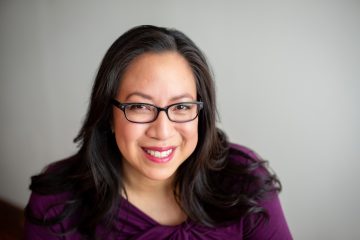IRES Seminar Series
Time: 12:30pm to 1:30pm (Pacific Standard Time)
Location: AERL Theatre, Room 120 (2202 Main Mall)
View Zoom Video.
*********************************************************************************************************************************
Broadening our approach to find community-driven solutions to environmental challenges
Abstract:
Communities are facing ever-growing socio-ecological challenges due to the devastating impacts of pollution and climate change. Solving such complex environmental challenges will require new partnerships, connections, and collaborations that bring together many forms of knowledge, perspectives, and ways of communicating. We are at a unique moment where we can reimagine how science and scientists connect with society and the environment while re-centering the voices of knowledge holders from marginalized communities. Going beyond the peer-review publications and moving to include many forms of writings, knowledge sharing, artwork, and communication will be needed to find community-driven solutions to environmental problems.
Danielle Ignace

Assistant Professor, UBC Department of Forest and Conservation Sciences
Bio:
Dr. Danielle Ignace is a member of the Coeur d’Alene tribe, an ecophysiologist, and science communication enthusiast. She is an Assistant Professor in the Department of Forest and Conservation Sciences at UBC. She studies how climate change and species invasions impact forest ecosystem health and Indigenous communities. Dr. Ignace is a Research Associate at Harvard Forest, Associate Editor for the journal Elementa: Science of the Anthropocene, and is a Science for Social Equity Fellow (of Fair Count) finding community-driven solutions to climate change and pollution. As a member of the Diversity, Equity, and Inclusion Committee for the American Society of Plant Biology and as an Indigenous woman in STEM, she is deeply committed to developing Indigenous curriculum and her unique perspective bridges Indigenous communities, people of color, and scientists.